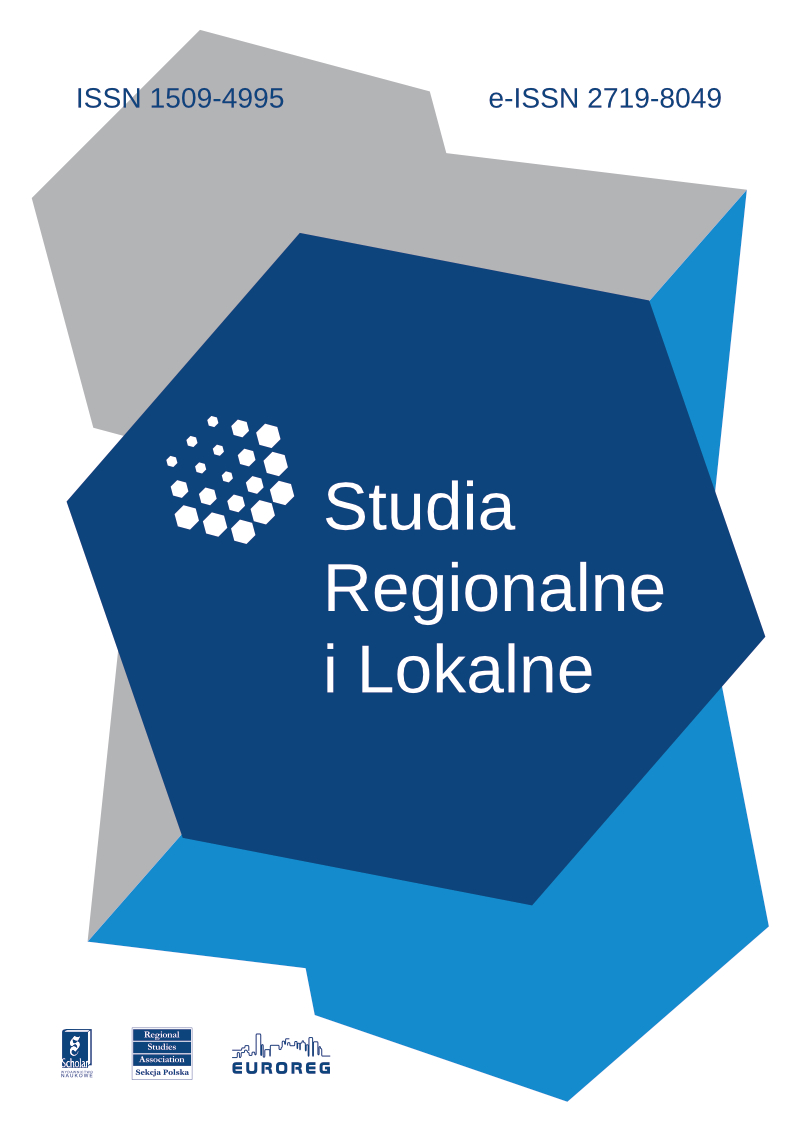Kwestia językowa we współczesnym świecie
Kwestia językowa to zjawiska wynikające z kontaktu dwu lub więcej języków na tym samym terytorium lub w tej samej społeczności. Przejawem kwestii językowej jest koegzystencja i/lub konflikty na tle językowym oraz polityka językowa państw, władz regionalnych i ruchów społecznych zmierzająca do utrwalenia lub zmiany sytuacji językowej. Najważniejsze zagadnienia związane z kwestią językową we współczesnym świecie to: 1) dominacja języka angielskiego jako języka międzynarodowego, wspomagana przez procesy globalizacji i ułatwiająca globalizację, która stawia w nierównej sytuacji ludność świata i wywołuje opór ze strony ludności nieangielskojęzycznej; 2) wymieranie języków w wyniku asymilacji małych grup etnojęzykowych. Zjawisko to wywołuje zaniepokojenie niektórych kręgów społecznych i naukowych; 3) bariera językowa utrudniająca rozwój oświaty, gospodarki i demokracji w wielu częściach świata, zwłaszcza w krajach postkolonialnych; 4) migracje międzynarodowe. Stawiają one wobec samych migrantów oraz władz i społeczeństw krajów przyjmujących problem stosunku do zachowania tożsamości kulturowo-językowej imigrantów, różnie rozwiązywany w różnych krajach i okresach historycznych.
The Language Question in the Contemporary World
The language question are phenomena resulting from contacts of two or more languages on the same territory or in the same community. It consists in co-existence and/or conflicts of languages and in language policies carried out by national and regional governments, and by ethnic movements aiming at maintaining or changing the language situation on a given territory. The main issues linked to the language question in the contemporary world are the following: 1) domination of the English language as an international language, supported by the globalisation and facilitating the globalisation. The domination of English puts on unequal footing people of the world and causes dissatisfaction of some parts of non-English native speakers; 2) extinction of languages as a result of assimilation of small ethno-linguistic groups. This phenomenon generates alarm of some groups of scientists and public opinion; 3) language barrier hampering development of education, economy and democracy in many parts of the world, especially in the post-colonial countries; 4) international migrations. These put migrants themselves and societies and governments of recipient countries in front of the question of the attitude towards maintaining of the cultural and linguistic identity of the migrants, this question being solved in different ways in different countries and historical periods.



